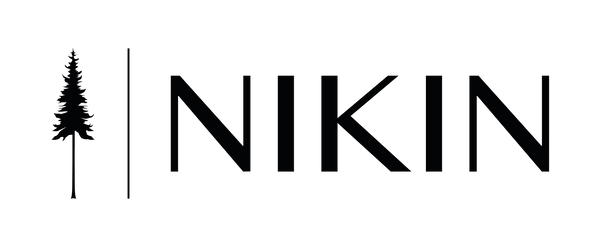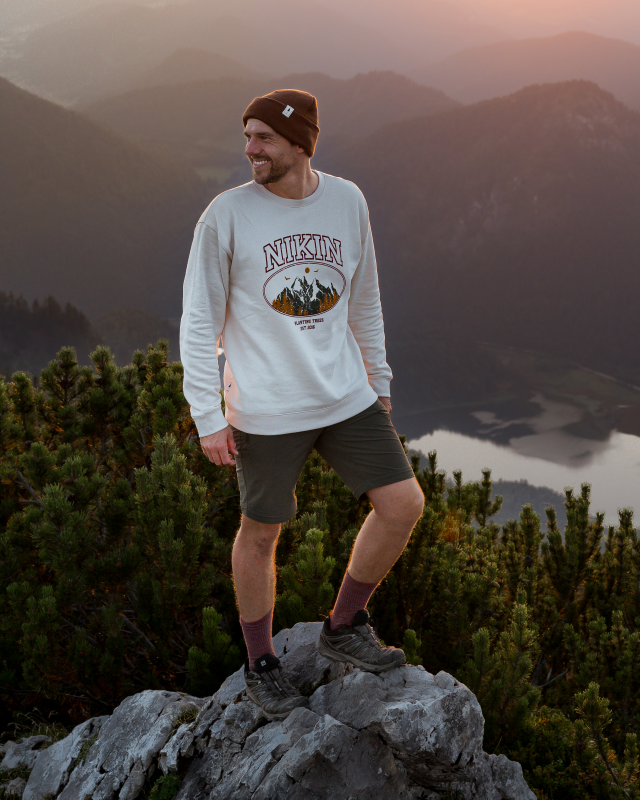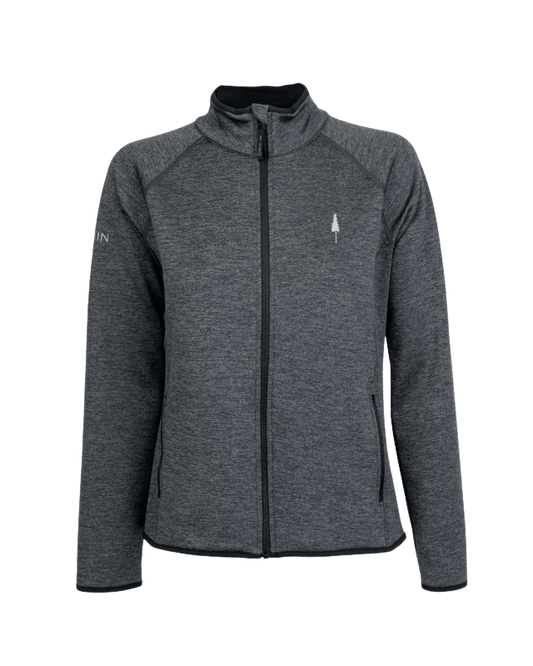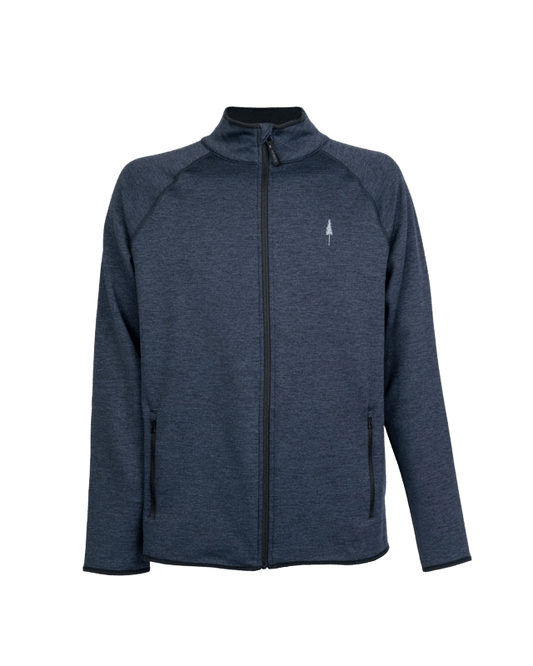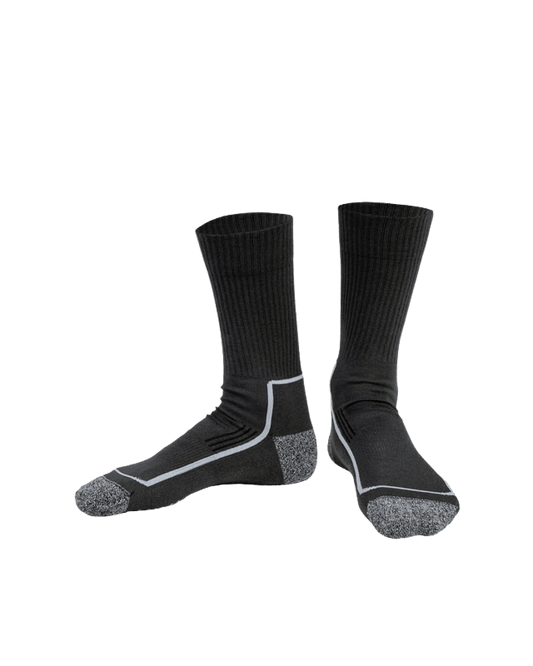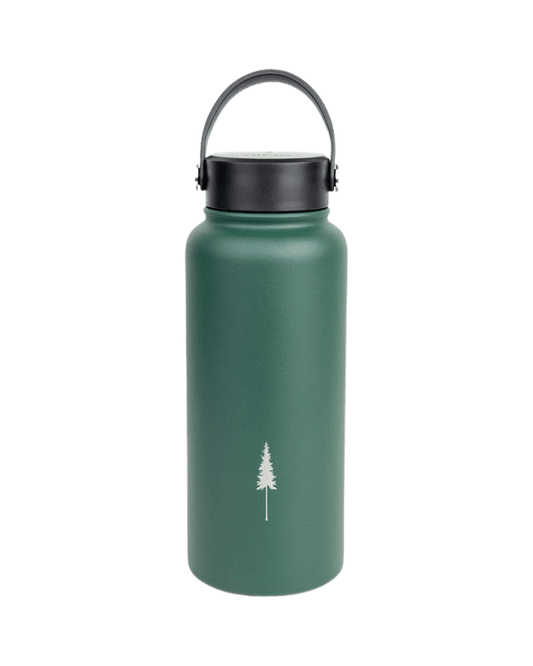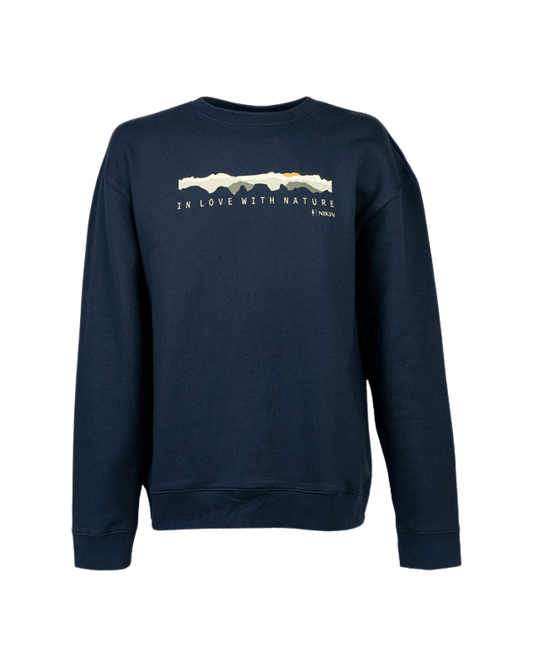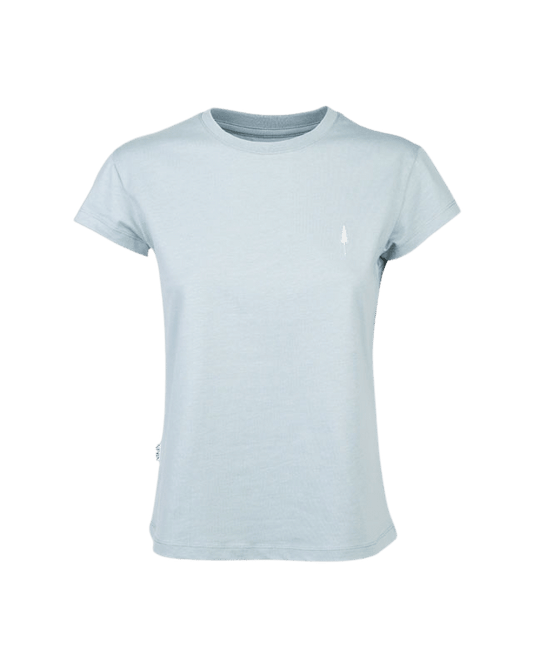Around 80 to 90 million tonnes of waste are generated in Switzerland every year. Due to its high standard of living, Switzerland also has one of the highest amounts of municipal waste, i.e. waste that comes from households, in the world. 716 kg of waste per person are counted, only 53% of which is recycled. How can this huge amount of waste be reduced?
Around 80 to 90 million tonnes of waste are generated in Switzerland every year. Due to its high standard of living, Switzerland also has one of the highest amounts of municipal waste, i.e. waste that comes from households, in the world. 716 kg of waste per person are counted, only 53% of which is recycled. How can this huge amount of waste be reduced?

Reusable glasses are one of many ways to combat waste.
Plastic packaging, PET bottles, magazines that are no longer used and much more: the list of waste we produce every day is very long. These wastes, together with those from industry, add up to the incredible amount of 80 to 90 million tonnes of waste per year in Switzerland. The fact that everyone can do their bit to reduce the mountains of waste is all too often forgotten.
Zero Waste as a big goal
The term Zero Waste comes from English and has a double meaning in German. On the one hand it means "zero waste" and on the other "zero wastage". Since no suitable double-meaning expression has been found in German, it is usually referred to as "zero waste" here as well. Several cities around the world have set themselves the goal of acting according to the "Zero Waste" principle. San Francisco, for example, has announced that it wants to become the first waste-free major city. And more and more people are also committing to the zero-waste lifestyle. For example, they shop in unpackaged shops, buy only what they really need and give things they no longer need to others next.
The impact of waste
Products that cannot be recycled or otherwise used end up in landfill. These landfills release methane, a very powerful greenhouse gas that is linked to climate change. And the waste that is not disposed of properly is also a problem. For example, litter in the sea is a serious danger for many animal species, as they get tangled in the pieces or swallow them.
Avoiding waste as the best means
Regardless of whether the waste is disposed of properly or not, avoiding it is the easiest way to avoid the negative effects. After all, the best waste is that which is not produced at all. With a few simple adjustments in everyday life, we can all contribute to producing less waste:
- Reusable: a stainless steel bottle instead of PET bottles, shopping with your own backpack instead of taking plastic bags, using old T-shirts as cleaning rags, and, and, and. The list of ways to reuse products is endless. The basic rule is: reusable before disposable products.
- Unpackaged: There are now unpackaged shops in most cities. These offer unpackaged food, hygiene products and much more. This is a simple way to produce as little waste as possible.
- Sell it or give it away: You can't possibly use a product any more? Instead of throwing it away, you can make someone happy with it. Give it away to your friends, donate it to the needy or sell it on one of the popular internet platforms. This way you give the product a second life and don't waste any resources.
What NIKIN does
In NIKIN's premises, meticulous attention is paid to waste separation. Everything possible is separated and recycled. We also make sure to produce as little waste as possible. For example, cardboard boxes are used several times, we drink from TreeBottles instead of PET bottles and we use coffee beans instead of capsules. We are also participating in World Cleanup Day 2020, an event coordinated by "Let's do it Switzerland". NIKIN is responsible for the organisation and implementation of the event in Lenzburg.
